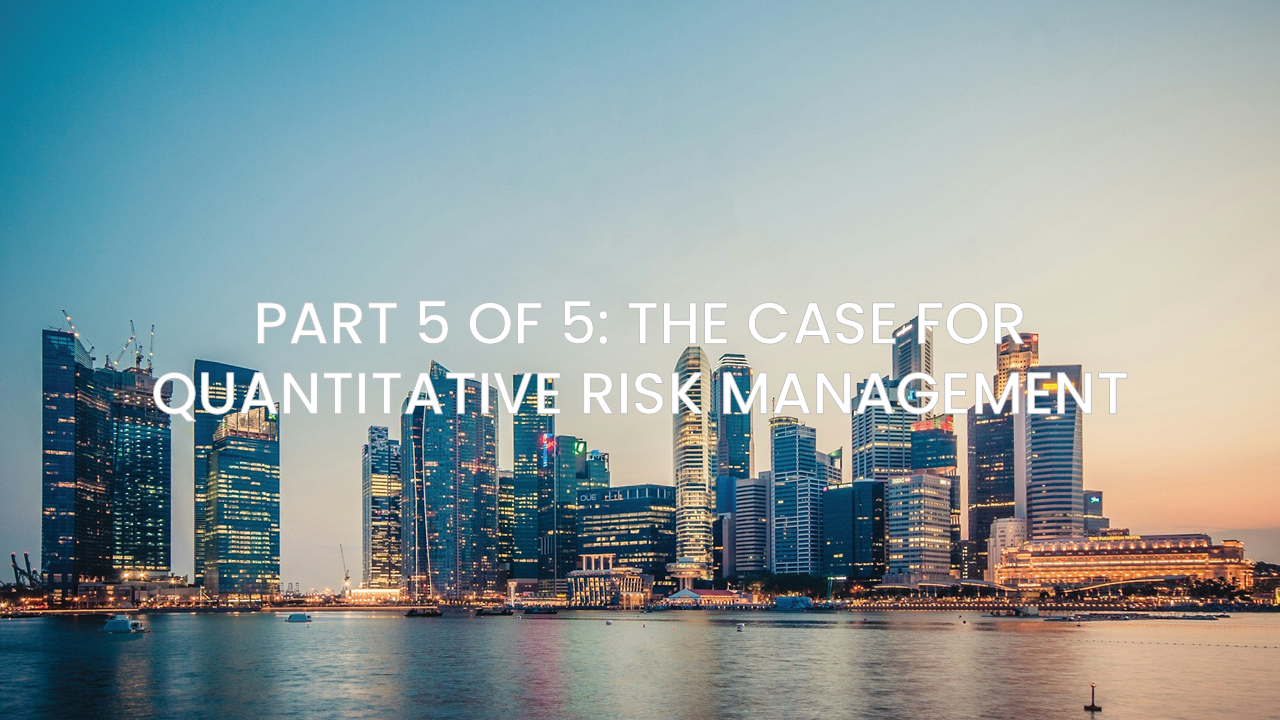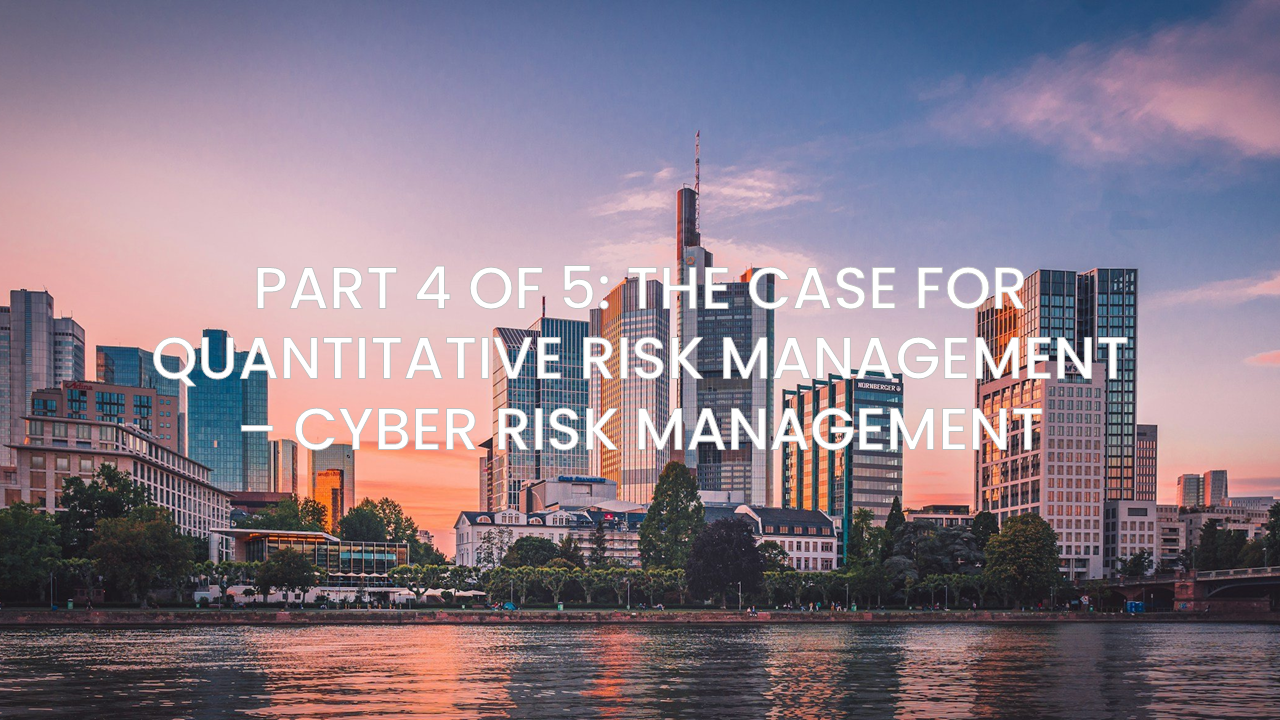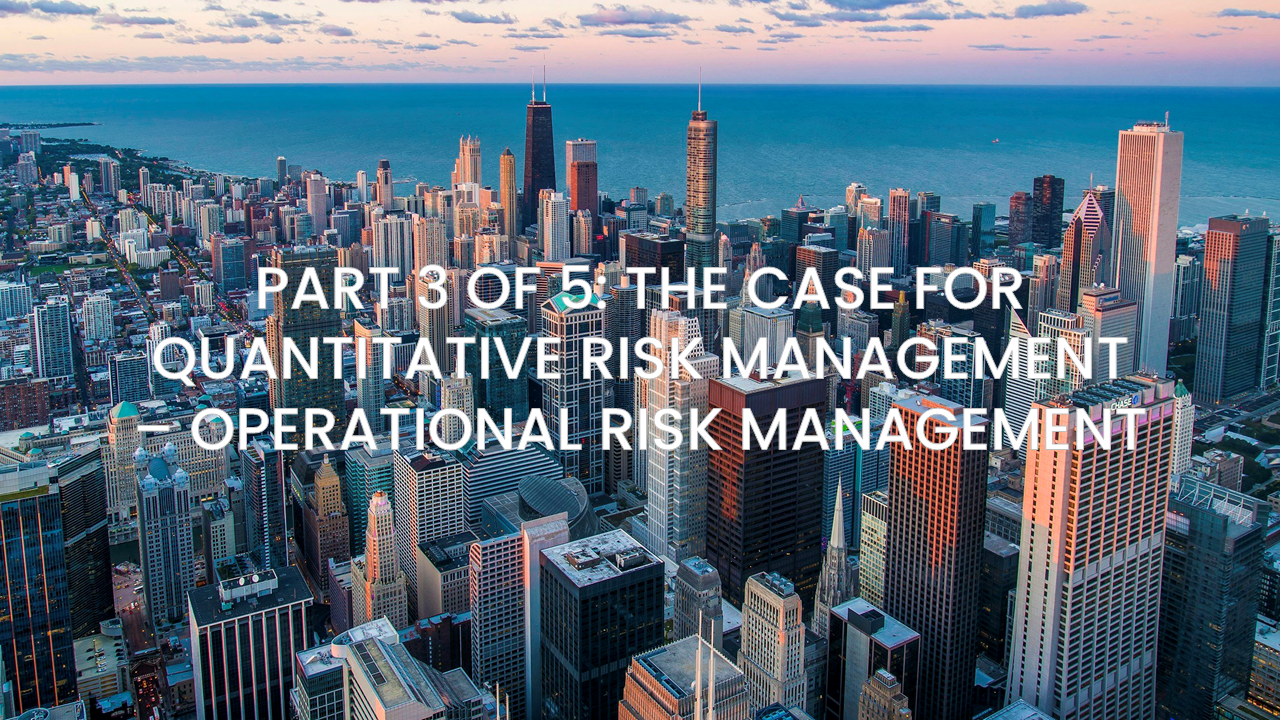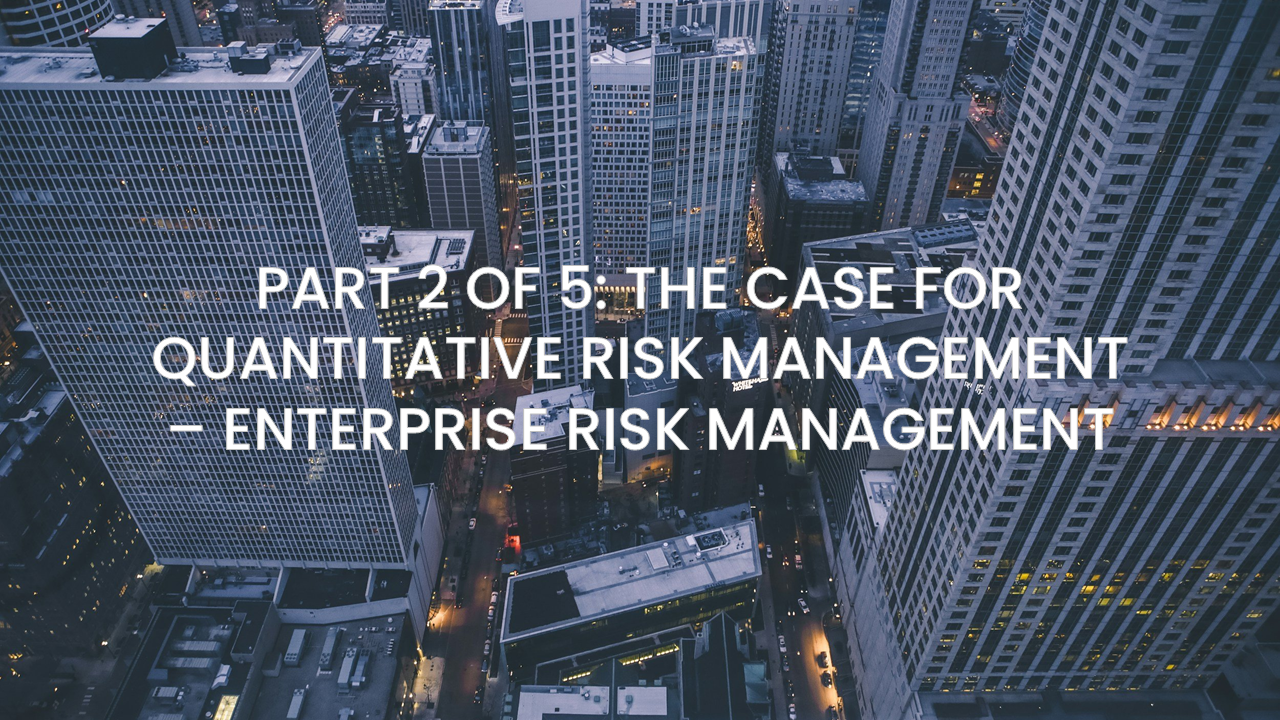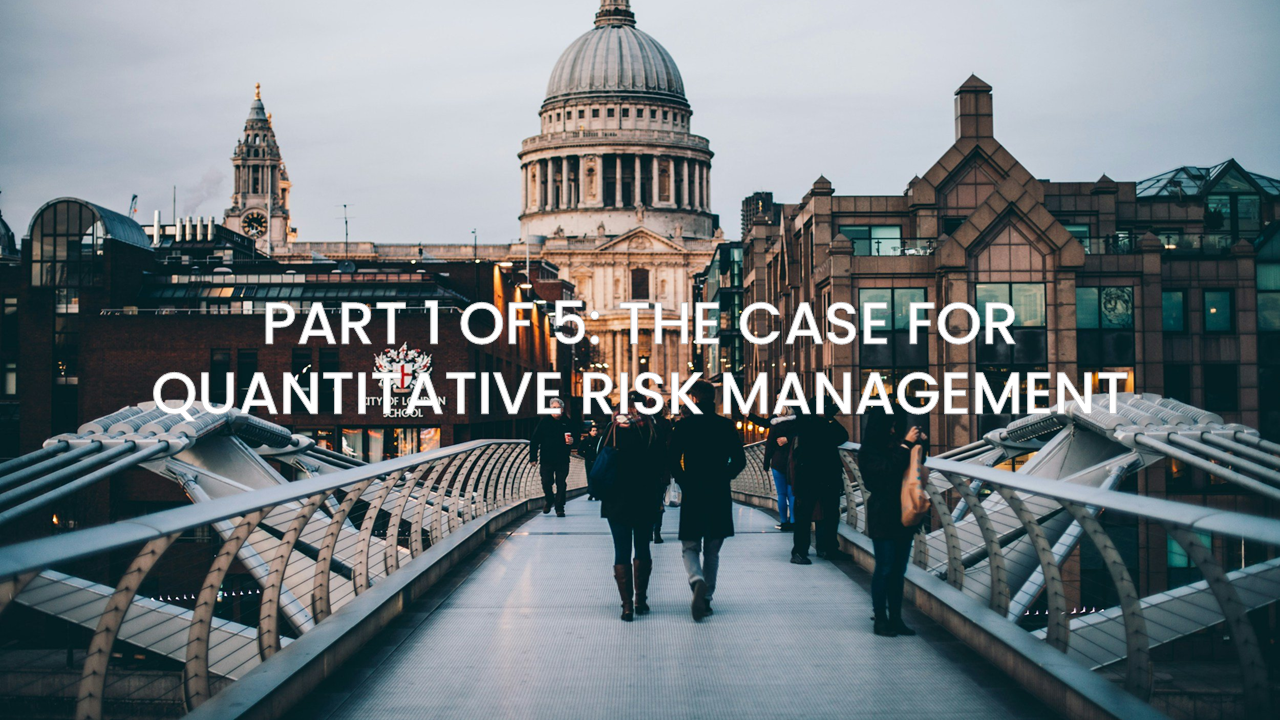OUR THOGHTS & MUSINGS
Are Monte Carlo Simulations a Waste of Time?
Abstract: Monte Carlo simulations are great because they run thousands of predictions, showing which outcomes are most likely. Or perhaps Monte Carlo simulations are terrible because they destroy carefully collected data by overlaying random numbers. So what is the answer? At a minimum, Monte Carlo simulations are fine because, with enough simulations, the random numbers eventually refind the original accuracy. But are they an efficient use of time and computing power? The conclusion of this article is that when we dig deeper, the benefit of being able to customise individual parts of the model (reflecting the “messiness” of the real world) makes a Monte Carlo simulation clearly the best approach.
AI Augmented Professional Services (AAPS): The Next Evolution in Consulting
The Consulting Industry's Inflection Point
For decades, professional services firms have sold a fundamentally unchanged product: human expertise delivered through hours. Whether you're hiring a strategy consultant, risk advisor, or implementation specialist, the model has remained constant—pay for smart people's time to analyse your problems and recommend solutions.
But we're witnessing a category-defining shift.
Traditional consulting is being disrupted not by automation replacing consultants, but by a hybrid model that amplifies human expertise with AI capabilities. We call this emerging category AI Augmented Professional Services (AAPS)—and it represents the most significant evolution in how professional knowledge is packaged and delivered since the rise of management consulting in the 20th century.
From VUCA to STORM
Why the Old Frameworks No Longer Fit the Exponential Age
The End of an Era
For nearly four decades, leaders relied on VUCA—Volatility, Uncertainty, Complexity, and Ambiguity—to describe and navigate disruptive environments. Developed by the United States Army War College in the late 1980s to describe the post-Cold War world, VUCA became the dominant framework for understanding turbulent business conditions.
VUCA served its purpose well. It helped leaders recognise that stability was an illusion, that planning required scenarios, that organisations needed flexibility, and that clear communication mattered amid confusion.
But by 2016, VUCA no longer reflected reality. The framework was built for a world of occasional disruption within broadly stable systems. What emerged instead was something more fundamental: a structural transformation of how change itself operates.
Why VUCA Is No Longer Sufficient
Leading Through the STORM
Strategy in an Age of AI, Quantum, Robotics, and Fusion
The Decade That Changed Everything
The decade from 2016 to 2025 has witnessed disruption unlike anything in modern business history. The Trump-era policy reversals, COVID-19 shutdowns, supply chain breakdowns, inflation shocks, the Ukraine war, and the rise of artificial intelligence have fundamentally reshaped what it means to lead a firm.
Yet these disruptions, significant as they have been, represent merely the opening chapters of a far more profound transformation.
The next two to five years will deliver quantum computing, advanced robotics, autonomous systems, and potentially commercial nuclear fusion—each with the potential to upend entire industries and alter geopolitical power balances. We are entering an era not simply of volatility, but of something more fundamental: a structural shift in how change itself operates.
This is the era of STORM: Speed, Turbulence, Opposition, Reversals, and Magnification.
The STORM Framework Explained
The Quantitative Imperative: Your Roadmap to Risk Management Excellence
Throughout this series, we've explored how Monte Carlo simulation transforms risk management across enterprise, operational, and cybersecurity domains. We've seen organizations achieve remarkable improvements in decision-making, resource allocation, and risk mitigation by embracing quantitative approaches. The evidence is compelling: quantitative risk assessment isn't just an academic exercise—it's a competitive necessity in today's complex business environment.
Quantifying the Unquantifiable: Monte Carlo's Revolution in Cybersecurity Risk Management
Of all the risk domains we've explored in this series, cybersecurity presents perhaps the greatest challenge for traditional risk assessment methods. Cyber threats evolve rapidly, attack vectors multiply exponentially, and the potential for catastrophic impact grows with our increasing digital dependence. Traditional approaches—featuring familiar red/amber/green heat maps and qualitative threat assessments—leave executives struggling to answer fundamental questions: How much should we invest in cybersecurity? What's our actual risk exposure? Which security measures provide the best return on investment?
Mastering Operational Risk: How Quantification Transforms Daily Business Challenges
While enterprise risks capture headlines and board attention, operational risks represent the daily challenges that can quietly erode profitability or suddenly explode into crisis. From system failures and fraud to process errors and human mistakes, operational risks pervade every aspect of business operations. Traditional approaches to managing these risks rely heavily on checklists, qualitative assessments, and reactive measures. Monte Carlo simulation transforms this landscape, turning operational uncertainties into quantified, manageable business decisions.
Transforming Enterprise Risk Management: From Strategic Guesswork to Quantified Certainty
In the previous installment of our series, we explored why traditional qualitative risk assessment methods are inadequate for today's complex business environment. Now, we turn our attention to enterprise risk management—the strategic level where organizations make their most consequential decisions about markets, investments, and long-term positioning.
Enterprise risk management sits at the intersection of strategy and uncertainty. Every strategic decision involves trade-offs between potential rewards and associated risks. Traditional approaches to enterprise risk assessment rely heavily on executive intuition, simplified scenario planning, and qualitative frameworks that struggle to capture the full complexity of strategic risks. Monte Carlo simulation changes this paradigm entirely.
From Gut Feel to Data-Driven Decisions: Why Modern Risk Management Demands Quantitative Approaches
In boardrooms across the financial services industry, a familiar scene plays out weekly: executives staring at colorful risk heat maps dotted with red, amber, and green squares, trying to make million-dollar decisions based on subjective assessments of "high," "medium," and "low" risks. While this approach served organizations well in simpler times, today's interconnected, digitally-driven business environment demands a more sophisticated response.
Quantitative Risk Assessment Using Monte Carlo Methods
Traditional qualitative risk assessments, while useful for initial risk identification, lack the precision and sophistication required for modern fintech operations. Monte Carlo simulation represents a paradigm shift toward data-driven risk management, providing quantitative insights that enable more informed strategic decisions and regulatory compliance.
This approach transforms risk assessment from subjective estimates to probabilistic models that can quantify potential losses, optimize capital allocation, and enhance stakeholder confidence through transparent, defensible risk metrics.
The Power of OKRs: An Introduction
OKRs stands for Objectives and Key Results. It is a goal-setting framework used by leading companies like Google, Amazon and Twitter to set ambitious goals and track measurable results. OKRs enable alignment, engagement, and enhanced outcomes.
Introduction to the Strategy Map
Developed by Balanced Scorecard co-creators Drs. Robert Kaplan and David Norton, a Strategy Map illustrates an organization's strategic objectives and their cause-and-effect linkages in a single page. It provides a high-level view of the organization's strategy and how activities across perspectives contribute to strategic goals.
What is the Balanced Scorecard?
At its core, the Balanced Scorecard is a strategic planning and management system that aligns business activities with the organization's vision and strategy while monitoring performance. It complements traditional financial metrics with operational and stakeholder perspectives to give managers a balanced, comprehensive view of organizational health and progress.
Operational resilience is a strategic impreative
Operational resilience has emerged as an imperative for financial institutions facing rising technology and cyber risks. Regulators worldwide are prioritizing resilience to ensure continuity of critical economic functions. This regulatory focus accelerated with the EU’s new Digital Operational Resilience Act (DORA) coming into force in 2022.
Summary - Basel Committee’s Principles for Operational Resilience
Boosting operational resilience has become a priority for global banking regulators. This was underlined by the Basel Committee on Banking Supervision (BCBS) releasing its high-level ‘Principles for Operational Resilience’ in March 2021.
Introductory post about Enterprise Risk Management
In today's complex and uncertain business environment, organizations need a robust capability for managing risks holistically across the enterprise. This is where Enterprise Risk Management (ERM) comes in as a structured framework for identifying, assessing, prioritizing, and responding to the full spectrum of risks facing an organization.
Operational Risk - an introduction
While financial and strategic risks traditionally dominate boardroom conversations, operational risk has emerged as a key focus area for management in financial services and other industries. Operational risk refers to potential losses resulting from inadequate or failed internal processes, people, systems or external events. Unlike other risk types, operational risks can directly impact service delivery and day-to-day activities.
European Union's DORA directive
Operational resilience has become a major regulatory priority across European financial services, underlined by the new EU Digital Operational Resilience Act (DORA). Finalized in late 2022 after extensive industry consultation, DORA aims to ensure financial firms can withstand all types of ICT disruptions and threats.
Foreshadowed by initiatives in the UK and other European jurisdictions, this pioneering legislation seeks to harmonize digital resilience standards across the EU. It will apply to banks, insurance companies, investment firms, financial market infrastructure, and third-party ICT providers.
FCA’s & PRA’s approach to Operational Resilience
Operational resilience has become a top priority for financial institutions in the UK, driven by new requirements from the Financial Conduct Authority (FCA) and Prudential Regulation Authority (PRA). Both regulators have taken significant steps to ensure firms can continue delivering essential services even when faced with severe disruptions.
Delivering ICARA & a Risk Transformation
This client case study provides an outline of a successful risk management project undertaken by Andrew Smart and his team for a mid-size broker, within the UK financial services sector.
Faced with the new ICARA regulatory requirements, the firm's board took the opportunity to improve risk management across the business. The project's primary objective was to deliver a robust risk framework that meets the demands of the business and the regulatory obligations of ICARA, and in doing so, transform the firm's risk culture and redefine the perception of risk management within the firm.
To achieve this, Andrew and his team developed a "Services-Based Risk Management" framework that aligned the risk management framework to the business and addresses both board and regulatory demands.





